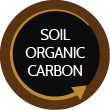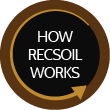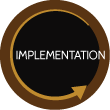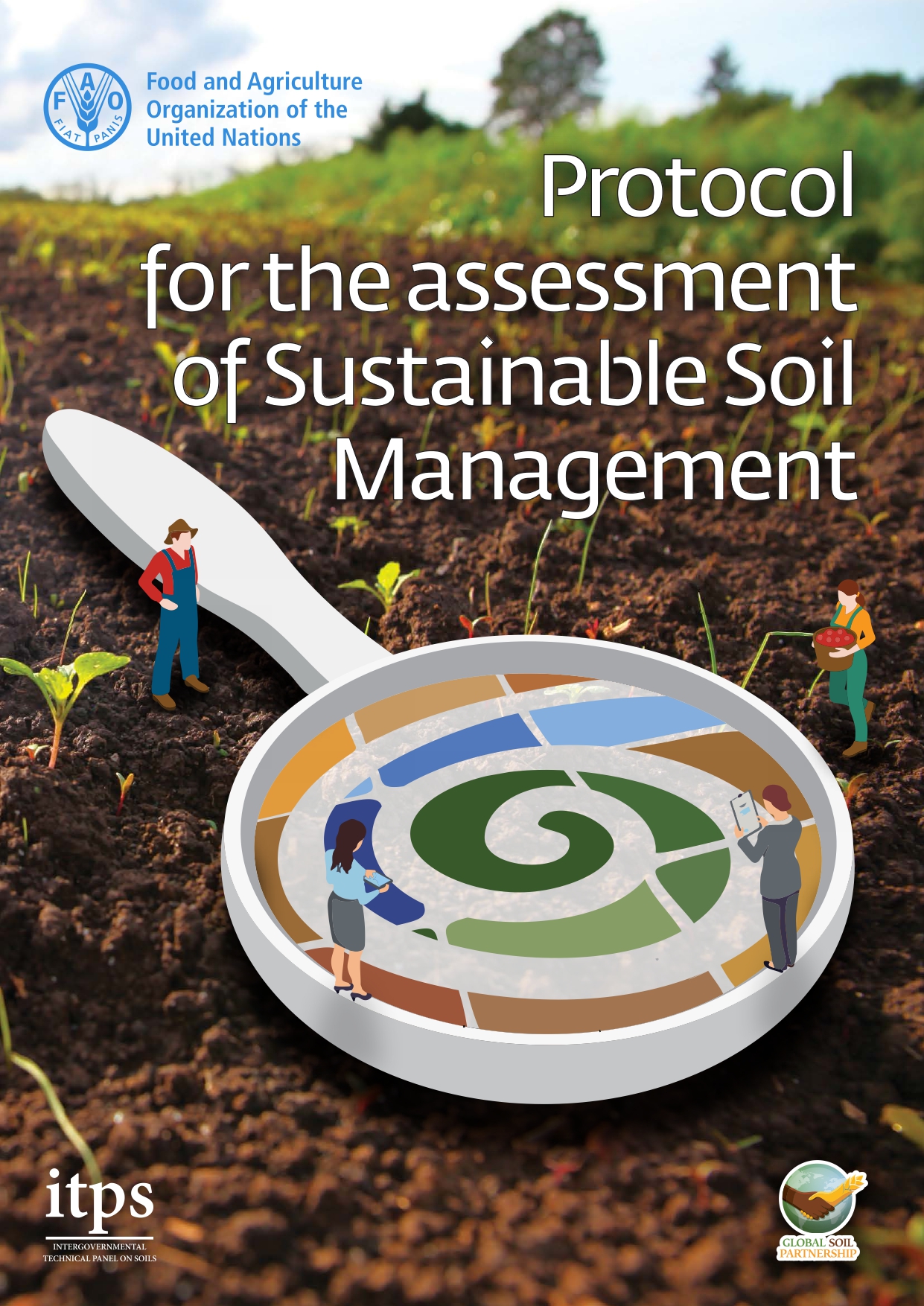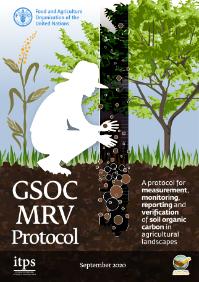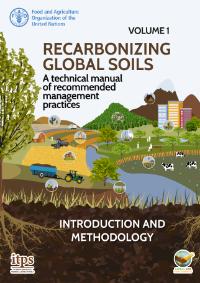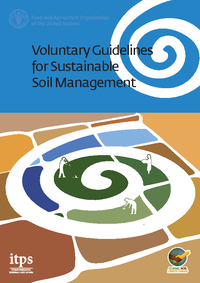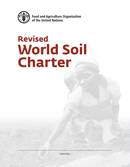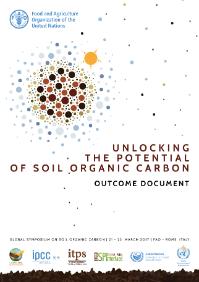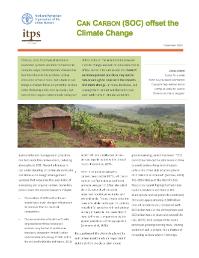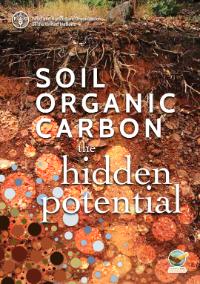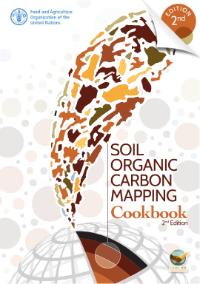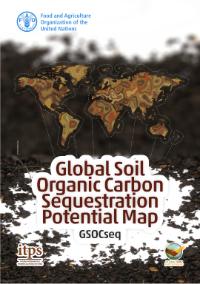RECSOIL: Recarbonization of Global Agricultural Soils
There is a collective call from all corners of the world to decarbonize the economy. Our response is to recarbonize global agricultural soils!
Related publications
Here you can find some of the key publications and resources related to RECSOIL.
Protocol for the assessment of Sustainable Soil Management
The protocol delves into the concept of sustainable soil management, highlighting the importance of preserving essential soil services without harming its functions or biodiversity. It offers a comprehensive guide for understanding and implementing sustainable soil management practices, maintaining a vital balance between agricultural production and environmental sustainability.
GSOC MRV Protocol
The protocol provices a framework and standard methodologies for the measuring, monitoring, reporting and verifying changes in SOC stocks and GHG emission removals from agricultural projects that adopt Sustainable Soil Management practices at the farm level.
Recarbonizing global soils: A technical manual of recommended management practices
This technical manual is the first attempt to gather, in a standardized format, the existing data on the impacts of the main soil management practices on SOC content in a wide array of environments, including the advantages, drawbacks, and constraints.
Volume 1 - Introduction and methodology
Volume 2 - Hot spots and bright spots of soil organic carbon
Volume 3 - Cropland, grassland, integrated systems and farming approaches - Practices overview
Volume 4 - Cropland, grassland, integrated systems and farming approaches - Case studies
Volume 5 - Forestry, wetlands, urban soils – Practices overview
Volume 6 - Forestry, wetlands, and urban soils – Case studies
Voluntary Guidelines on Sustainable Soil Management
The guidelines provide technical recommendations on how sustainable soil management can be achieved. The VGSSM are of voluntary nature and are not legally binding. They elaborate the principles outlined in the revised World Soil Charter, taking into account the evidence provided in the Status of the World’s Soil Resources (SWSR) report.
Revised World Soil Charter
The Intergovernmental Technical Panel on Soils (ITPS) was tasked to produce a new version of the World Soil Charter (WSC). The challenges faced by the world have become more evident and severe in the intervening three decades. GSP Partners considered that the 13 principles listed in the charter are still valid, but needed to be updated and revised in light of new scientific knowledge gained over the past 30 years, especially with respect to new issues such as soil pollution and its consequences for the environment, climate change adaptation and mitigation and urban sprawl impacts on soil availability and functions.
UNLOCKING THE POTENTIAL OF SOIL ORGANIC CARBON
Outcome document of the Global Symposium on Soil Organic Carbon 21-23 March 2017
Can Soil Organic Carbon Offset Climate Change
The relationship between climate change and soil carbon resources is of key concern to human society. This document by the ITPS summarize the current knowledge on sustainable soil management practices, soil organic carbon and carbon sequestration (2015).
SOIL ORGANIC CARBON - the hidden potential
The publication provides an overview to decision-makers and practitioners of the main scientific facts and information regarding the current knowledge and knowledge gaps on Soil Organic Carbon.
Soil Organic Carbon Mapping Cookbook (2nd Edition)
The Soil Organic Carbon Mapping cookbook provides a step-by-step guidance for developing 1 km grids for soil carbon stocks. It includes the preparation of local soil data, the compilation and pre-processing of ancillary spatial data sets, upscaling methodologies, and uncertainty assessments.
Status of the World's Soil Resources: Main Report
The SWSR is a reference document on the status of global soil resources that provides regional assessments of soil change. The information is based on peer-reviewed scientific literature, complemented with expert knowledge and project outputs. It provides a description and a ranking of ten major soil threats that endanger ecosystem functions, goods and services globally and in each region separately. Additionally, it describes direct and indirect pressures on soils and ways and means to combat soil degradation.
Global Soil Organic Carbon Squestration Potential Map V1.1
The maps allow for the estimation of topsoil (0-30 cm) soil organic carbon sequestration potential in agricultural areas under four soil management scenarios: a Business as Usual (BAU) scenario and three Sustainable Soil Management (SSM1, SSM2 and SSM3) scenarios.


